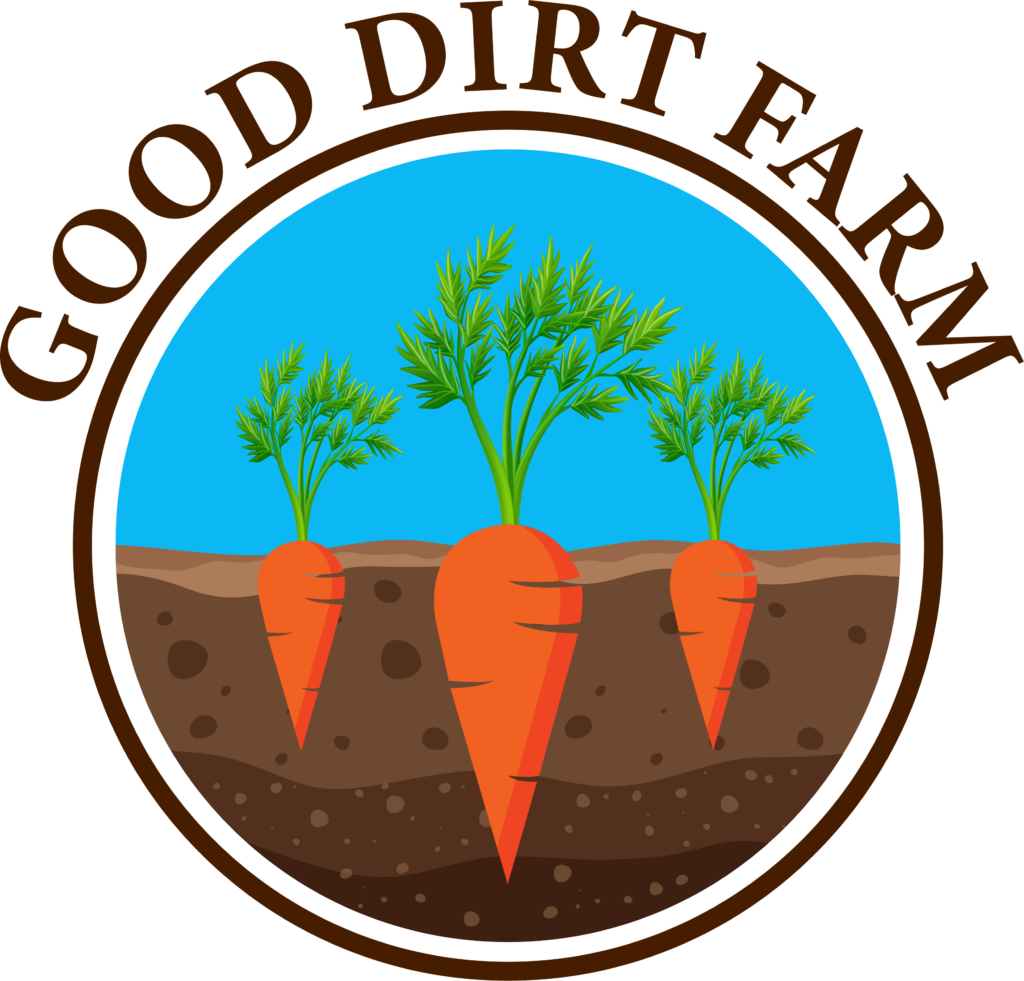When folks ask me how long I’ve been farming, I usually first tell them “I used to be an Engineer.” I don’t know whether that information is really necessary to answer a question about how long I’ve been farming, but it feels important to illustrate that I’m not really just a farmer. For most of my life, I was just an engineer. I think it’s impossible to describe myself as a farmer without the context of that previous career.
Below, I’ll discuss that previous career, why I gave it up, and why I didn’t actually give it up.
Why I Became an Engineer
From a very young age, I knew that I loved math and that I was good at it. Right up through high school, I was taking advanced math classes and generally doing pretty well at them. When you’re in school, there’s a fair amount of pressure from teachers and parents to try to figure out what you’ll do with your life. For me, that discussion always came down to those school-based skills and how best to use them.
Being good at math really narrowed down the list of careers I should be interested in. A STEM field it had to be! Right up to the point of college, I struggled with what I might want to do, but ultimately got an engineering degree. From there, life was as simple as searching for jobs with Engineering in the description.
I quickly found out that I would much rather solve real-world problems in physical space rather than stay in a lab researching or being pinned to computer programs. Something about solving problems in the context of a real environment was exciting to me. I ended up working for nearly 10 years in the industrial engineering space, spending a lot of time around manufacturing facilities and warehouses.
Why I Had to Quit

Over the years, I found that the job I was doing could never be my life’s work. There were several reasons for this. First, I care deeply about the environment, and as much as anyone tries to tell you that the industrial world does too, I think it leaves a lot to be desired. The amount of land and resources that manufacturing and warehousing consume is staggering, and the health impacts for those involved are very real. I have experiences like getting a nosebleed every time I spent a day in a tire manufacturing plant or walking through a million square-foot building filled with single-use plastic. It was difficult to abide by the values of such a system.
Second, I knew that there were limits to how much I could enjoy the day-to-day tasks of the job. I love working outside, and I don’t care much for sitting at a desk. Aside from a few engineering careers, being inside and sitting at a desk are sort of prerequisites for the job. While solving big, complex problems will always bring me joy, having no option but to deal with a huge chunk of my life behind a desk became unacceptable.
Finally, I no longer believed that bringing change to the world was possible from a traditional engineering career. Now don’t get me wrong, there are many engineers out there who are genuinely changing the world for the better and who truly have the agency to change the paradigm of how we do things. But for me, it seems that I’d have a better chance of winning the lottery or being struck by lightning.
For me, this change-agent mindset was paramount all the way through college. We were told that becoming an engineer meant having a unique set of skills to remake humanity for the better. Over my career, however, I found that while engineers do have power to make change, it is under a very specific set of guardrails and assumptions. Moreover, the large majority of engineers work for private corporations, which have singular goals of profit. As an engineer at those companies, you’re often helping to improve those profits.
Starting a market gardening business resolved all of these internal conflicts for me. I never miss a beautiful day outside, writing these blog posts accounts for a huge chunk of my very low desk time, and nearly everything I do prioritizes my local environment. I also know that I’m now the change agent that my university promised me that I would be. It is evident every time someone tells me how delicious my carrots are or when their eyes light up trying a cherry tomato at the farmer’s market.
But I’ll Always Be an Engineer
So, I’ve changed careers. I used to be an engineer, and now I’m a farmer. Does that mean I’ve lost the aspects of engineering that I loved? Solving big, complex problems happens to also be a prerequisite for farming!
Growing food requires a complex, efficient system. Managing soil health, irrigation, heating and cooling, seed starting, marketing, and harvesting are all intertwined. Designing and implementing systems that maximize the productivity and efficiency of these factors is nearly the oxford dictionary definition of engineering. And as for math? Well, any farmer who’s trying to figure out the size and components of an irrigation system will tell you that you can’t skip on even high-level math.
I use my engineering skills every day and I’m spending almost all of my time doing things I love and making a real difference to my community. I feel very lucky to have found the best of both worlds in this way.
To other engineers reading this – you really do have what it takes to change the world, but doing so won’t necessarily mean having the word Engineer in your job title. Find what you love and use those skills to affect change. Trust me, it’s a wonderful feeling!

